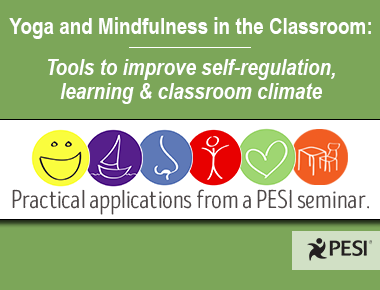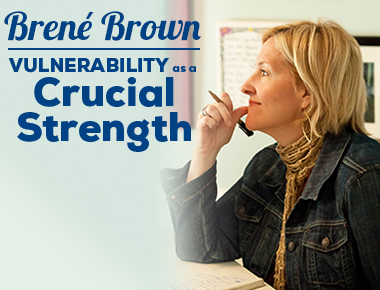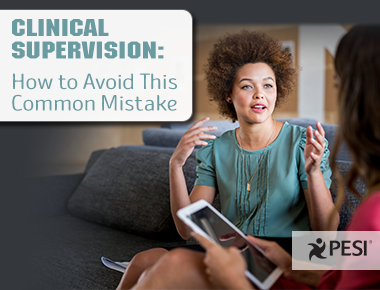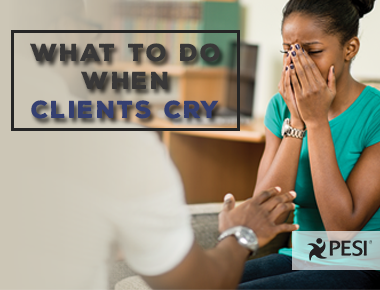Blogs and Free Resources
Here at °ÅÀÖÊÓƵ, our mission is to provide professionals like you with FREE practical and valuable tools, strategies,
and resources to assist with the great work you do. Find expert tips, helpful worksheets, demonstration videos, CE, news,
and more here. Happy learning!

Lizard Brain: How it impacts EVERY trauma treatment plan
...and what you can do about it
When a child with behavior challenges enters our office, we instantly go into teach mode to tell them how to change their behaviors. Why? Because we don't know what else to do.
But the child's behavior doesn't improve. It's not because they're willful, or bad, or even because they don't care. It's because the lasting impacts of trauma have the children in your practice stuck in "lizard brain." In this short video, I explain why lizard brain impacts every trauma treatment plan you create...

Workshop: Yoga and Mindfulness in the Classroom
Practical applications from a °ÅÀÖÊÓƵ seminar
Teresa Sadowski has been a Speech Language Pathologist for 27 years. Join Teresa as she reviews the °ÅÀÖÊÓƵ seminar "Yoga and Mindfulness in the Classroom: Tools to improve self-regulation, learning and classroom climate" and discusses how the tools and strategies she learned can be applied to practice.

Escaping the Shame Trap
Brené Brown on Vulnerability as a Crucial Strength
Brown has taken the concepts of shame and vulnerability and turned them completely on their heads. In short, she subversively makes shame less shameful, a part of the ordinary human condition. So the question isn’t why shame, but what to do about it.

6 Benefits of Simple Chair Yoga
And how you can get started today.
This simple intervention can be used anytime in the session when the client feels anxious, tense, ungrounded, or in some pain, or as part of a goal of learning to connect with body sensations.

Trust Revival Method
How to guide couples through the trauma of betrayal and infidelity
In this video, John and Julie Gottman will step you through the different phases of their Trust Revival Method to help rebuild and nurture trust in a relationship.

Inside/Outside Box
A powerful art-based play therapy technique
The Inside/Outside Box is a wonderful tool that elicits powerful emotions and helps tweens and teens begin to see their whole self, creating a launching pad for blossoming self-esteem and self-worth.

A Common Supervisory Mistake to Avoid
3 Reasons why it happens and how you can prevent it
In this short video, nationally recognized clinical supervision expert and author Bob Taibbi, LCSW, walks you through the three reasons why this common mistake happens, and how you can avoid it.

What to Do When Clients Cry
In this short clip, therapy author and psychology professor Jay Efran, Ph.D., shares his do's and don'ts list for when clients cry and explains how tears can be a therapist's ally.

Free CE Seminar: CBT for Anxiety and OCD
Do you want to dramatically improve outcomes for your clients?
It starts by asking the right questions to get the right diagnosis. You can learn more and earn free CE online seminar.Â

Can You Get a Certification in Acceptance & Commitment Therapy (ACT)?
The Association for Contextual Behavioral Science (ACBS) notes that there are many ways professionals can learn or strengthen ACT skills, including: books, peer consultation groups, formal academic training, participation in a chapter or SIG, the ACBS Annual World Conference, and therapy DVDs or online courses featuring ACT Peer-Reviewed trainers.

